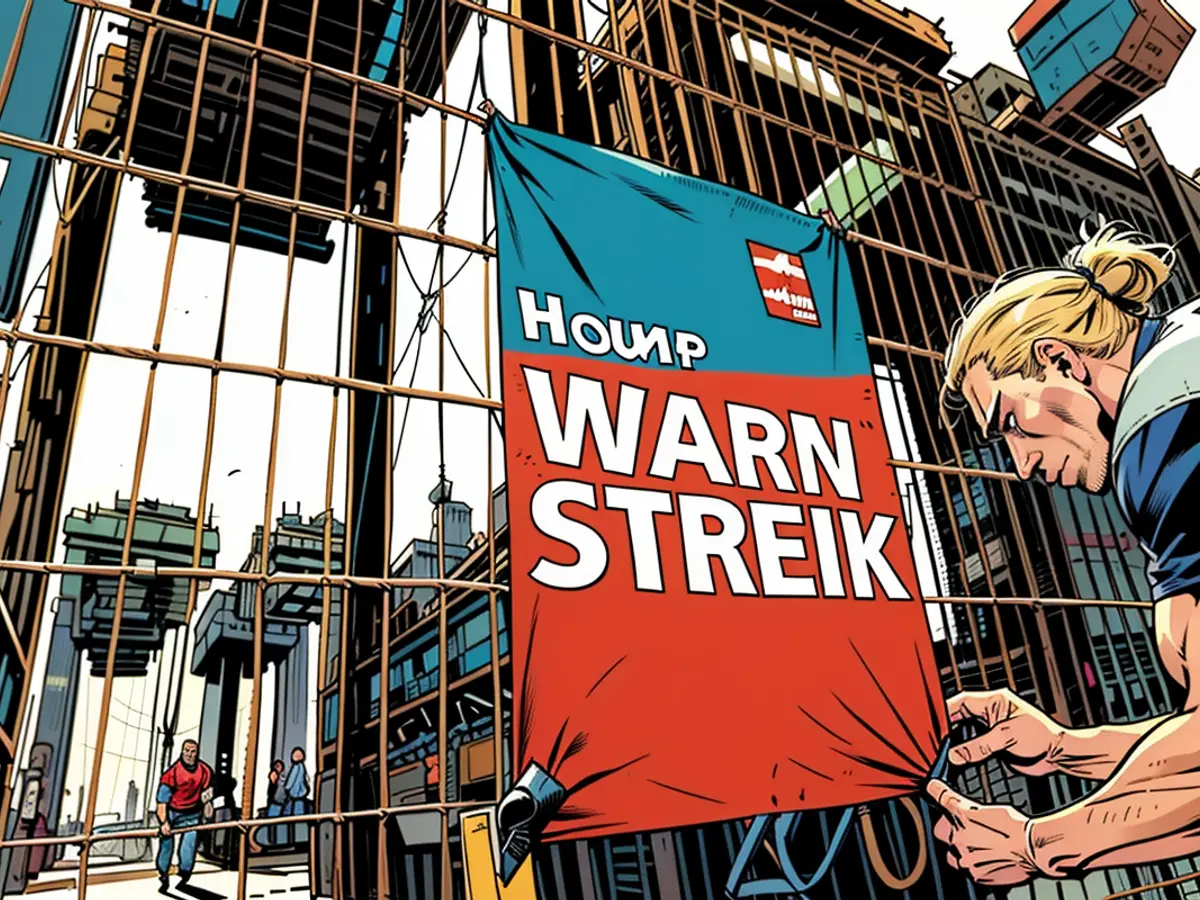- Verdi turns down proposal for dockworkers involved in collective labor dispute
In the ongoing wage dispute between the sea ports and union Verdi, an agreement hasn't been reached yet. Verdi, the seaport collective bargaining committee, made up of workers from relevant businesses, voted in favor of more talks, as announced by Verdi. Initial surveys showed that a majority of Verdi members working in the ports are against the current employer proposal. The talks involve Hamburg, Bremen, and Lower Saxony.
"The initially low-ball proposals from the employer side during negotiations sparked resentment among the employees," stated Verdi negotiator Maren Ulbrich, according to the announcement. The union is urging the Central Association of German Seaport Companies (ZDS) to enhance its offer.
The wage negotiations started in May and affect about 11,000 employees. Strikes as warnings have taken place at the Hamburg, Bremerhaven, Bremen, Wilhelmshaven, Emden, and Brake ports.
Verdi is pushing for a three-euro increase in hourly wages
The union is advocating for a retroactive hourly wage increase of three euros starting June 1, along with a raise in shift allowances. The agreement should last for twelve months.
The ZDS recently presented two offers, which included a 1,000 euro inflation adjustment and a 0.95 euro hourly wage increase beginning from January, both with a twelve-month term. Shift allowances and holiday pay were also to be boosted.
Tariffs on imported goods could potentially impact the sea ports if the ongoing wage dispute with Verdi leads to prolonged strikes. The union's demand for a retroactive three-euro hourly wage increase, if not met, might prompt the sea ports to seek compensation through higher tariffs.
Despite the ZDS's recent offers consisting of an inflation adjustment and a wage increase, Verdi continues to push for tariff-free negotiations, emphasizing the importance of workers' salaries and benefits in avoiding potential tariff impositions.








